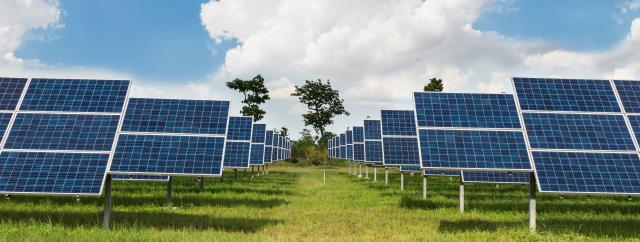
Socio-economic impact
The potential socio-economic benefits of pursuing a renewables-focused energy transition extend into many areas, offering social progress in the home, in the workplace and in society more widely.
Understanding how the energy transition can generate benefits beyond energy solutions leads to policies able to deliver multiple advantages for society. They include improving energy access, healthcare, gender equity and welfare, and providing wider economic and employment progress.



